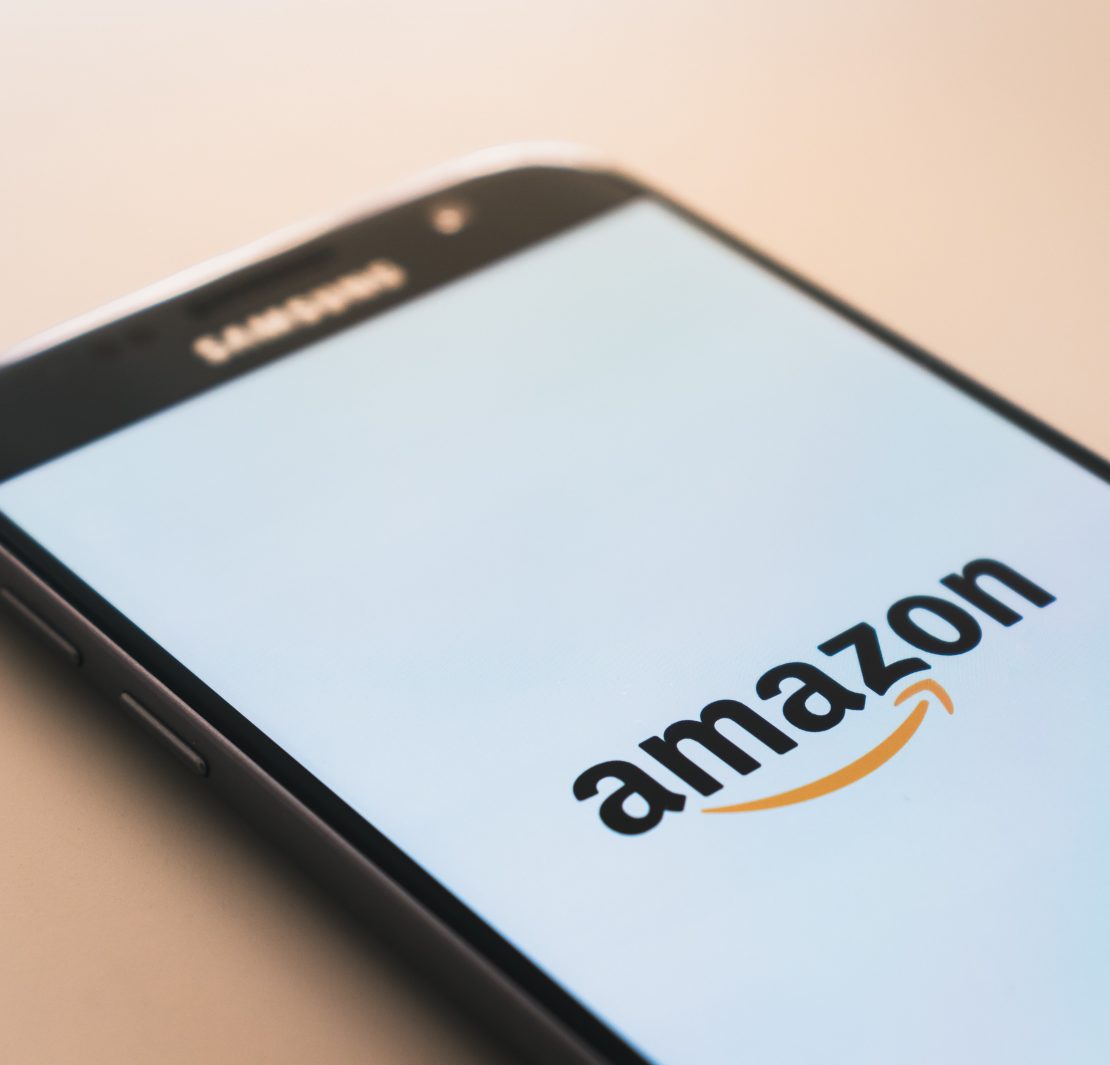A few months ago, confidential documents leaked from Amazon, containing information about the online retail giant’s malpractices to dodge regulatory hurdles in India which are meant to safeguard small-scale traders.
As per a special report by Reuters, 35 of 400,000 sellers in Amazon’s Indian platform account for two-thirds of its online sale in the region. Amazon’s preferential treatment (from discounted fees to special deals with global tech firms), misrepresentation of ties with major sellers in the region and overall modus-operandi of circumventing regulatory restrictions have led to an investigation into the company’s practices by The Competition Commission of India (CCI).
India’s foreign direct investment law states foreign companies are banned from running online retailers that hold inventory and then sells the goods directly to Indian consumers, to evade this, Amazon entered into a joint venture with a seller named “Cloudtail” formed in association with the founder of Infosys Ltd., N.R. Narayan Murthy. Unlike public statements by Amazon that hailed Cloudtail to be an Independent seller on its marketplace, in reality, Amazon was deeply involved in its expansion by helping it acquire exclusive deals with companies such as Apple, Microsoft and OnePlus. This combined with their ability to offer great discounted deals, impacted offline retail sellers severely. By the year 2016, Cloudtail’s inventory was being used by Amazon as its own – even referring to them as “special merchants” (SM) in the (leaked) documents.
Later in 2017, a second “SM2” was added known as Appario, the new joint venture with Ashok Patni, a pioneer in the Indian IT outsourcing sector, received the same preferential access and treatment as Cloudtail. As company documents show, the two special merchants, with Amazon’s hidden equity stake, had a 35% share in the platform’s sales revenue for the year 2019. As per recent reports, the Directorate General of GST Intelligence (DGGI) slapped Cloudtail with a service tax of ₹ 54.5 crore due to the negligible taxes they paid over the last few years.
In many ways though, The Indian Government has archaic rules around e-commerce, plagued by over-protectionism, rendering the sale of quality products and services incredibly difficult. The offline marketplace with small-scale sellers (in India) is still a mess due to its aversion to technology and changing times. While the customer gets a better deal and service from such an arrangement, the preferential treatment and equity in selected firms by Amazon make them accountable and their methods unethical towards other small-scale retailers. As markets need to be both fair and free, whose side are you on?




Warning: Use of undefined constant ‘url’ - assumed '‘url’' (this will throw an Error in a future version of PHP) in /var/www/html/wp-content/themes/theissue/functions.php on line 143
Warning: Use of undefined constant ‘url’ - assumed '‘url’' (this will throw an Error in a future version of PHP) in /var/www/html/wp-content/themes/theissue/functions.php on line 143